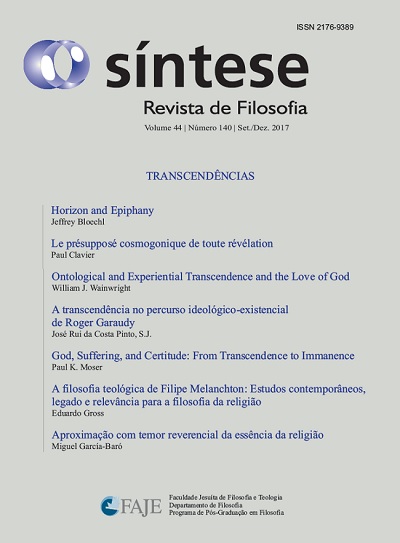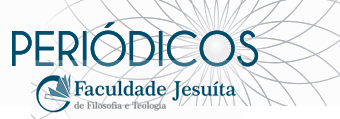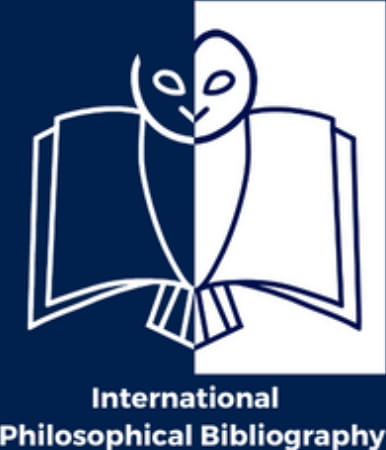A FILOSOFIA TEOLÓGICA DE FILIPE MELANCHTON: ESTUDOS CONTEMPORÂNEOS, LEGADO E RELEVÂNCIA PARA A FILOSOFIA DA RELIGIÃO
DOI:
https://doi.org/10.20911/21769389v44n140p481/2017Palavras-chave:
Melanchthon. Humanismo. Protestantismo / Melanchthon. Humanism. ProtestantismResumo
Resumo: Filipe Melanchthon é um pensador praticamente desconhecido no Brasil, particularmente no âmbito dos estudos filosóficos. Tendo sido um dos principais representantes dos ideais da Reforma protestante no século 16, em geral é lembrado apenas como um colaborador de Lutero. Entretanto, Melanchthon foi um intelectual multidisciplinar, formado a partir dos ideais do humanismo renascentista, tendo publicado abundantemente em diversas áreas, como estudos de línguas (particularmente latim e grego), análise literária de obras da antiguidade clássica, astrologia, astronomia, história, educação, retórica e filosofia (particularmente ética e lógica). Além disso, foi idealizador e promotor de uma profunda reformulação do ambiente escolar e universitário alemão, o que lhe valeu o título de praeceptor germaniae. Isso ao lado de seu engajamento com o movimento religioso da Reforma e as tarefas de elaboração teológica, as controvérsias doutrinárias e a organização prática da vida eclesiástica que tal engajamento implicava. Aqui se abordam estudos contemporâneos sobre a compreensão do papel da filosofia no pensamento de Melanchthon, apontando desdobramentos da mesma particularmente para a compreensão filosófica da religião. Ernst Troeltsch já tinha demonstrado como esta concepção peculiar de Melanchthon se tornou base para a organização dos estudos universitários durante o período conhecido como ortodoxia protestante, que antecedeu a época do Iluminismo. A situação da pesquisa sobre um dos modos paradigmáticos como se fundamentou a relação entre religião e racionalidade apresenta a relevância deste pensador para a compreensão do desenvolvimento da filosofia da religião.
Abstract: Philip Melanchthon is a practically unknown thinker in Brazil, especially in the realm of philosophical studies. Being one of the main representatives of the ideals of the Protestant Reformation in the 16. Century, he is generally remembered only as Luther's right-hand man. Nevertheless, Melanchthon was a multidisciplinary intellectual. Shaped in the humanistic ideals of the Renaissance, he abundantly published in many fields, from language studies (particularly Latin and Greek), literary analysis of classical antiquity works, astrology, astronomy, history, education, to rhetoric and philosophy (particularly ethics and logic). In addition, he idealized and promoted a deep reformulation of the German school and university system, for which he was awarded the title of praeceptor germaniae. This besides his engagement with the religious movement of the Reformation, his theological elaboration, and the doctrinal controversies as well as the practical organization of church life which such engagement implied. This paper will examine some contemporary studies on the role philosophy played in Melanchthon's thought, particularly its contribution to the philosophical understanding of religion. Ernst Troeltsch had already shown how Melanchthon's peculiar conception had become the basis for the organization of university studies during the period known as Protestant orthodoxy that preceded the Age of Enlightenment. The state of research on one of the paradigmatic modes through which the relationship between religion and rationality was founded shows Melanchthon's significance for understanding the development of the philosophy of religion.






























